|
|
|
|
Access to digital technology has long been touted as a great equaliser in Africa, something that would help millions of its people play a significant role in shaping events in their countries, and driving democratic transformation. Given the prevalence of smartphones on the continent, the digital revolution would, so to speak, put power in the palms of their hands. But, as Nic Cheeseman and Lisa Garbe explain, the expectation now seems
to have been overly optimistic. Some African leaders have found ways to blunt the transformative power of smartphones and other technologies, including through censorship and the shutting down of the internet.
In other news, in certain states in northern India, an excess of eligible men and a lack of local women has led to a practice of purchasing brides from other states. Sreya Banerjea interviewed dozens of such women for her research, keen to find out more about the lives, dreams and desires of the women so often simply labelled victims. She tells three of these women’s stories. Together, they shed a light on the heartbreaking and complex
situations and dynamics that lead to bride trafficking. Their stories show that the experience of such marriages is much more tempered by widespread cultural norms than is often admitted.
|
Thabo Leshilo
Politics + Society
|

|
|
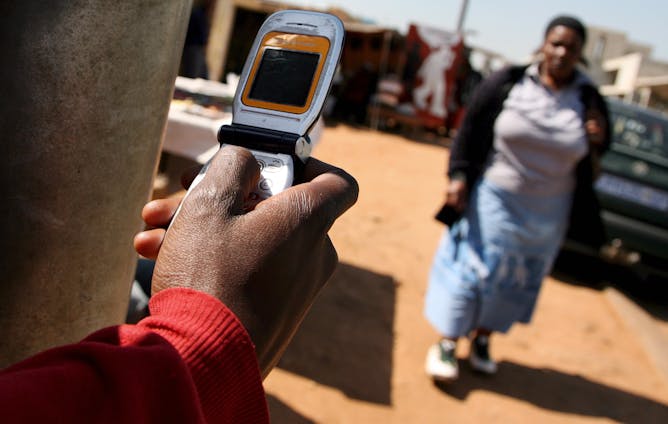
African leaders blunt the transformative power of smartphones through censorship and internet shutdowns.
EFE-EPA/John Hrusha
Nic Cheeseman, University of Birmingham; Lisa Garbe, University of St.Gallen
The full benefits of digital democracy are being thwarted by digital exclusion that is driven by the high cost of data.
|
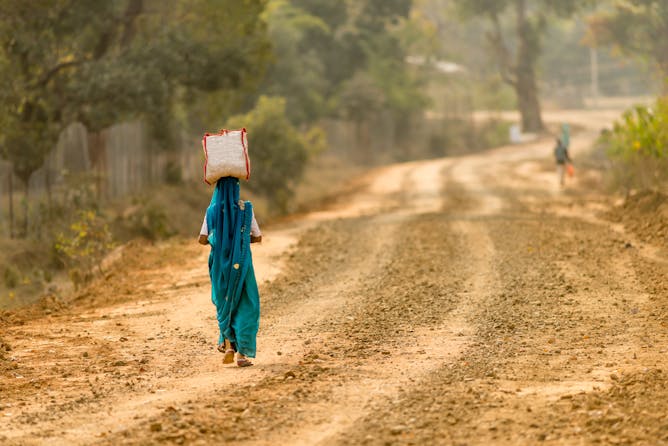
Cornfield/Shutterstock.com
Sreya Banerjea, SOAS, University of London
In north India, there is a particular history of purchasing brides from other states. We tell just some of their stories here.
|
Politics
|
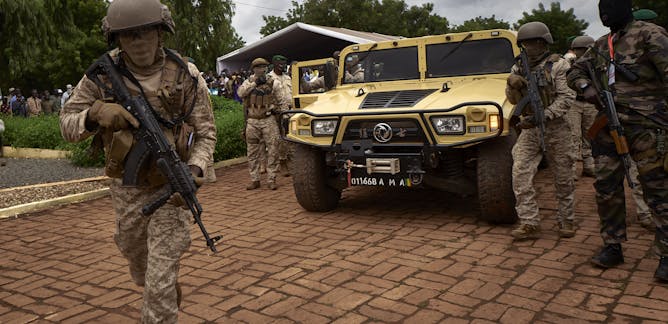
Lee J. M. Seymour, Université de Montréal; Theodore McLauchlin, Université de Montréal
The link between foreign military training and local insurgencies has yet to be proven beyond a reasonable doubt.
| |
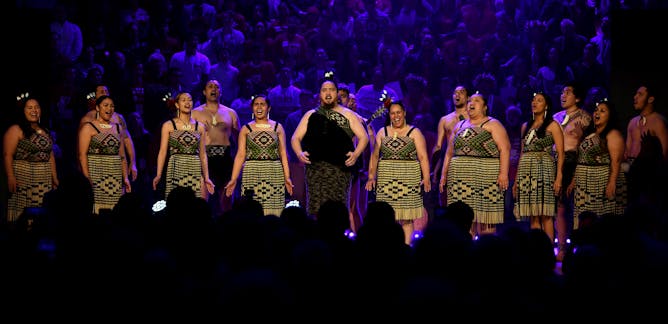
Dominic O'Sullivan, Charles Sturt University
The impact of colonialism can't be reversed, but as New Zealand implements the UN declaration new ideas emerge of a state that represents first peoples more fairly.
|
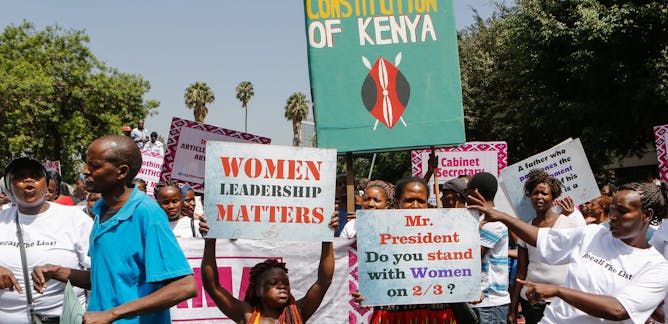
Muthomi Thiankolu, University of Nairobi
For 10 years, Kenya's legislators have failed to enact a law to implement a two-thirds gender rule set down in the 2010 constitution, despite numerous court rulings.
| |

Andrew Payne, University of Oxford
Speculation is mounting about an impending October surprise in the 2020 race. What does that mean?
|
|
|
Health + Medicine
|

William Petri, University of Virginia
Several vaccines are in Phase 3 trials. So when will we know whether any of these will protect against COVID-19?
| |
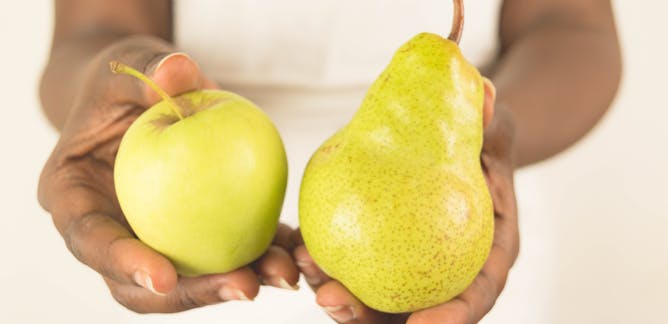
Rebecca Dumbell, Nottingham Trent University
The type of fat tissue we store in certain parts of our body is partly behind this link.
|
|
|
En Français
|
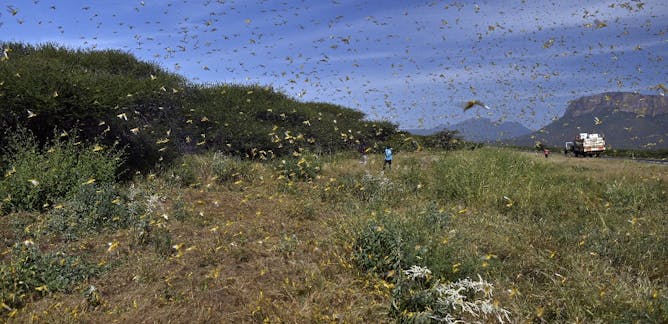
Haithem Tlili, Muséum national d’histoire naturelle (MNHN); Khemais Abdellaoui, Institut Supérieur Agronomique Chott Mériem (Université de Sousse); Laure Desutter-Grandcolas, Muséum national d’histoire naturelle (MNHN); Manel Ben Chouikha, Université de Gabés; Mohamed AMMAR, Institut national agronomique de Tunisie (INAT)
La Corne de l’Afrique a connu cette année la pire invasion de criquets pèlerins depuis des décennies. Il est difficile de lutter contre cette menace, mais les moyens existent.
| |
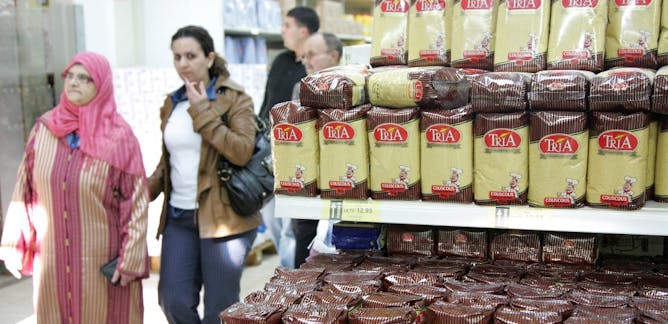
Delphine Godefroit-Winkel, TBS Business School ; Lisa Peñaloza, Kedge Business School
Lorsque faire ses courses rime avec indépendance et égalité de genre, le cas des Marocaines.
|
|
|
| |
| |
| |
| |
| |
| |
|
|
|
|
|
|
|